les forces speciales pdf
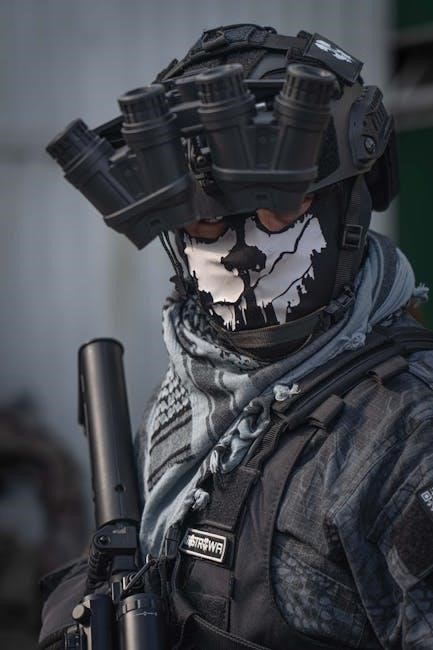
Special Forces are elite military units trained for unconventional missions, requiring specialized skills and equipment. Emerging in the 20th century, these forces are designed to operate outside conventional warfare, focusing on precision and strategic impact. Their origins trace back to World War II, with units like the British SAS and U.S. Rangers setting the foundation. Today, Special Forces are integral to modern militaries, conducting missions such as counterterrorism, direct action, and special reconnaissance. Their training emphasizes survival, adaptability, and advanced tactics, making them indispensable in high-risk scenarios. The French Special Forces, for example, have been pivotal in international operations, showcasing their versatility and effectiveness in diverse theaters.
Definition and Scope of Special Forces
Special Forces, often referred to as elite military units, are specifically trained and equipped to conduct unconventional and high-risk missions that conventional forces are not suited for. These units operate outside the realm of traditional warfare, focusing on precision, adaptability, and strategic impact. According to NATO’s definition, Special Forces (SF) are exclusively designated for missions that require advanced skills, specialized training, and unique capabilities. Their primary role is to execute tasks that demand a higher level of expertise, such as counterterrorism, direct action, special reconnaissance, and unconventional warfare.
The scope of Special Forces is vast and multifaceted. They are trained to operate in diverse environments, ranging from urban settings to remote, hostile territories. Their operations often involve deep infiltration behind enemy lines, intelligence gathering, sabotage, and targeted strikes. Special Forces units are also capable of conducting amphibious assaults, airborne operations, and other specialized maneuvers that require meticulous planning and execution. Their ability to function autonomously in austere conditions makes them indispensable in modern asymmetric conflicts.
One of the defining characteristics of Special Forces is their emphasis on versatility. They are structured to adapt to evolving threats and dynamic operational environments. For instance, contemporary Special Forces are increasingly involved in counterterrorism missions, where they employ advanced tactics to neutralize threats with minimal collateral damage. Additionally, they play a critical role in training and advising foreign military forces, fostering global partnerships and enhancing regional security capabilities.
The operational scope of Special Forces extends beyond combat missions. They are often tasked with conducting humanitarian operations, such as evacuating civilians from conflict zones or providing disaster relief. Their unique skill set allows them to navigate complex political and military landscapes, making them a versatile tool for achieving strategic objectives. Furthermore, Special Forces units are at the forefront of emerging technologies, integrating cutting-edge equipment and innovative strategies into their operations.
Historical Background of Special Forces
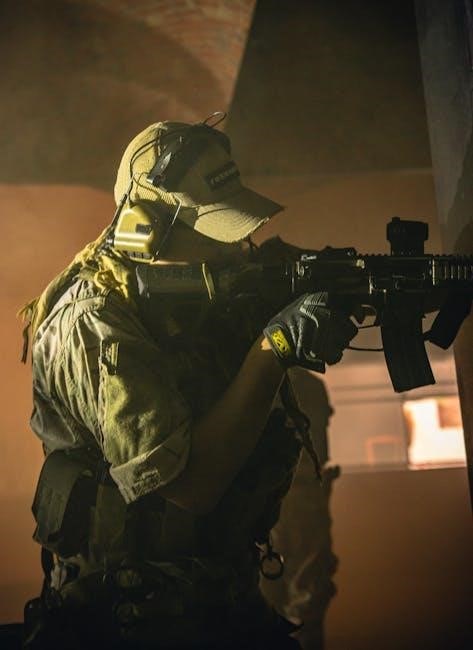
The concept of Special Forces dates back to the early 20th century, when military leaders recognized the need for elite units capable of executing unconventional missions. The modern iteration of Special Forces, however, emerged during World War II, when nations like Britain and the United States established specialized units to conduct covert operations behind enemy lines. The British Special Air Service (SAS) and the U.S. Army Rangers were among the first formalized Special Forces units, setting the precedent for future military doctrine.
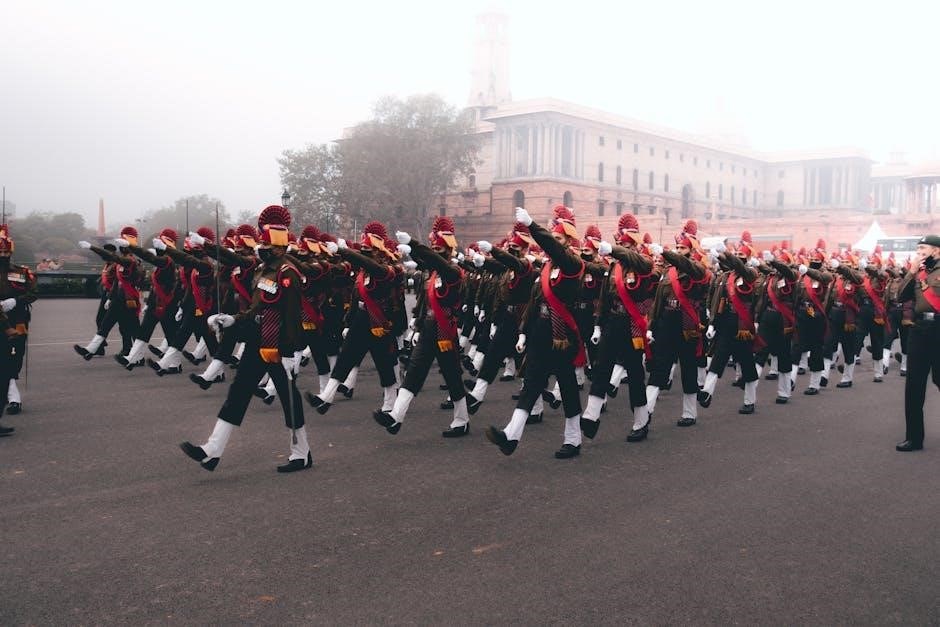
In the post-war era, the role of Special Forces evolved to address the challenges of the Cold War. These units became instrumental in conducting counterinsurgency, intelligence gathering, and unconventional warfare. The U.S. Green Berets, established in 1952, exemplified this shift, focusing on training indigenous forces and conducting clandestine operations. Similarly, the French Special Forces, which began taking shape in the late 20th century, were influenced by their colonial and wartime experiences, leading to the creation of specialized units like the Groupement Spécial Autonome (GSA) in 1997.
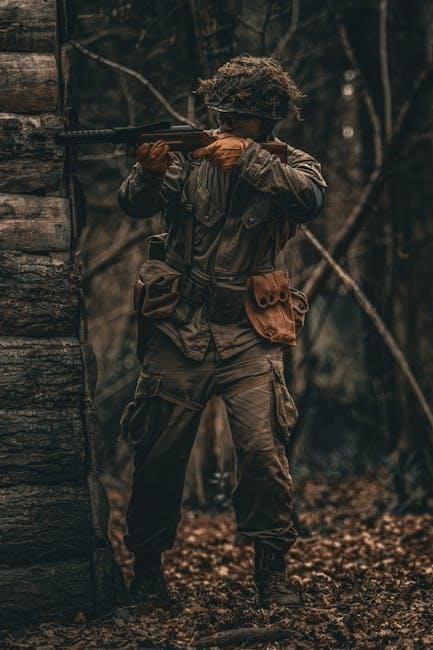
The French Special Forces, or “Forces Spéciales,” gained prominence in the late 20th and early 21st centuries. Their historical development was marked by key operations, such as France’s involvement in international peacekeeping missions and counterterrorism efforts. For instance, during Operation Turquoise in Rwanda in 1994, French Special Forces played a critical role in securing zones and protecting civilians. This operation highlighted their ability to operate in complex, high-risk environments and underscored their growing importance in modern conflict scenarios.
Over time, the scope of Special Forces has expanded to include a broader range of missions. The 21st century has seen these units at the forefront of global counterterrorism efforts, particularly in the wake of events like the September 11 attacks in 2001. French Special Forces, for example, have been actively engaged in operations in Africa and the Middle East, where they have targeted terrorist organizations and supported local governments. Their involvement in multinational operations, such as those led by the United Nations, further demonstrates their adaptability and strategic value.
Historically, the training and organizational structure of Special Forces have been shaped by their operational requirements. Units like the French GSA were designed to be autonomous and highly flexible, capable of executing missions with minimal support. This autonomy has been a defining feature of Special Forces throughout their history, allowing them to operate effectively in remote and hostile environments. Their training emphasizes survival skills, advanced tactics, and the ability to function under extreme conditions.
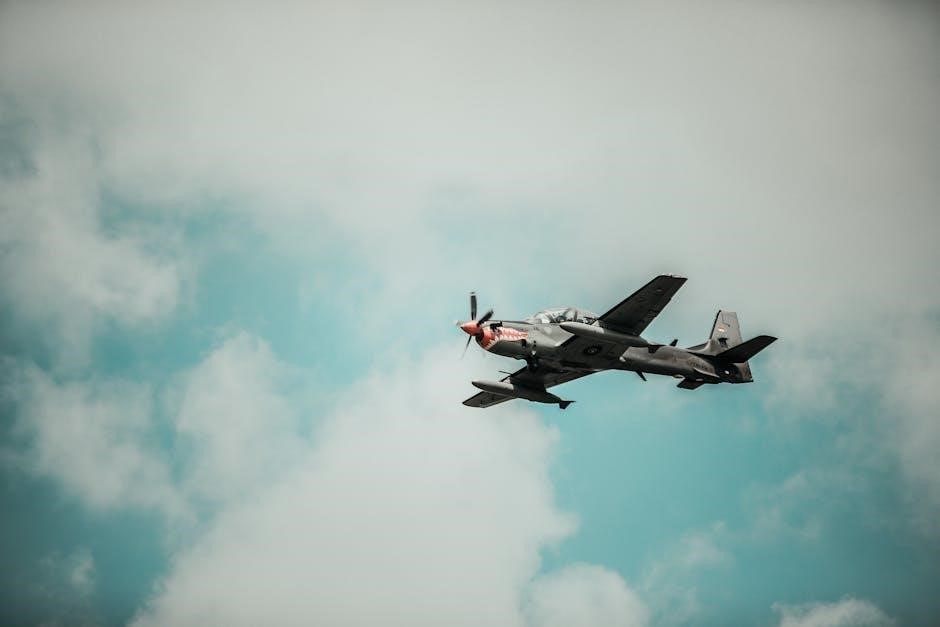
Role and Operations of Special Forces
Special Forces are elite military units specifically trained to execute missions that require a high degree of precision, adaptability, and strategic impact. Their role extends beyond conventional warfare, focusing on unconventional operations that often fall outside the scope of regular military units. These missions are designed to achieve specific objectives with minimal visibility and maximum efficiency, making Special Forces indispensable in modern conflict scenarios.
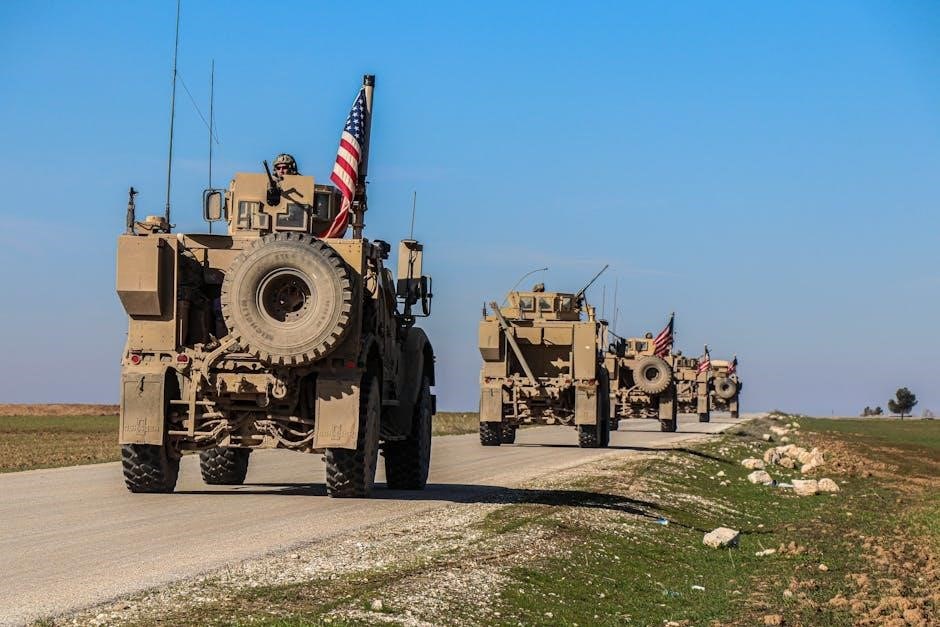
The primary operations of Special Forces include counterterrorism, direct action, special reconnaissance, and unconventional warfare. Counterterrorism missions involve targeting and neutralizing terrorist organizations, often through covert operations. Direct action refers to high-intensity, short-duration missions such as raids, ambushes, and rescue operations. Special reconnaissance involves gathering critical intelligence in hostile environments, providing actionable insights for larger military operations. Unconventional warfare, on the other hand, focuses on supporting and training indigenous forces to resist or overthrow oppressive regimes.
French Special Forces, for instance, have been actively engaged in counterterrorism operations in Africa and the Middle East. Their involvement in missions such as Operation Artemis in the Democratic Republic of Congo and ongoing efforts to combat terrorist groups in the Sahel region highlight their versatility and strategic importance. These operations often require close collaboration with international partners, demonstrating the global nature of modern counterterrorism efforts.
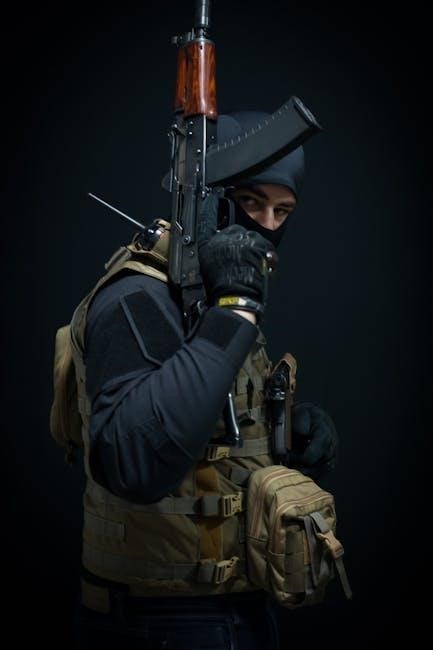
Special Forces are also equipped with specialized tools and techniques that enable them to operate effectively in diverse environments. For example, they are trained in advanced survival skills, allowing them to function in remote and hostile areas with limited support. Their expertise in techniques such as airborne operations, amphibious assaults, and close-quarters combat makes them highly effective in a wide range of scenarios. Additionally, their use of advanced equipment, including drones, robotic systems, and precision weapons, enhances their operational capabilities.
Another key aspect of Special Forces operations is their ability to conduct low-visibility missions, often under the radar of public awareness. This discrete approach is critical in sensitive political environments, where overt military action could escalate tensions or draw unwanted attention. By operating in the shadows, Special Forces can achieve their objectives without compromising broader strategic goals.
Leave a Reply
You must be logged in to post a comment.